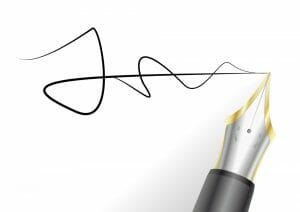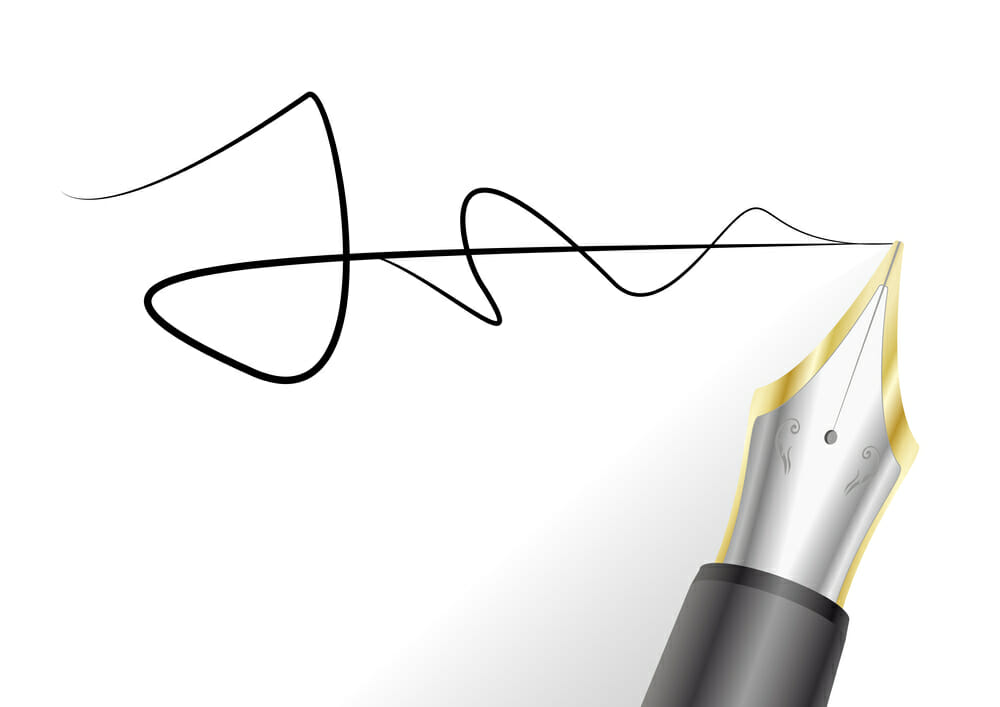 {Read in 7 minutes} As a Trusts & Estates attorney, I write a lot of Wills for a lot of people. The process almost always starts out the same way: I interview a client and have them identify their next of kin and their assets in order to show that they have testamentary capacity. We discuss their wishes and identify what sort of estate planning documents best meet their needs. I will produce drafts of the Will and then, eventually, the client will come in and sign the Will. At that point, the client becomes a Testator, which is the legal word for someone who makes and signs a Last Will and Testament.
{Read in 7 minutes} As a Trusts & Estates attorney, I write a lot of Wills for a lot of people. The process almost always starts out the same way: I interview a client and have them identify their next of kin and their assets in order to show that they have testamentary capacity. We discuss their wishes and identify what sort of estate planning documents best meet their needs. I will produce drafts of the Will and then, eventually, the client will come in and sign the Will. At that point, the client becomes a Testator, which is the legal word for someone who makes and signs a Last Will and Testament.
At this time, we have what is known as a Will execution ceremony. This is the time where the Testator puts pen to paper and signs their Will. As an attorney, my primary job during a Will execution ceremony is to ensure that the Testator strictly complies — to the letter — with the New York State statute concerning the formal execution of Wills, so that when their Executor offers the Will for probate in the Surrogate’s Court, things proceed as smoothly as possible. Under New York State law, when an attorney is present and supervises the execution of a Will, Courts afford that Will a presumption that the Testator executed it properly — this can be incredibly helpful if there’s going to be a delay caused by a Will contest.
Big surprise: Although lawyers are awesome, you don’t really need us to sign a Will. In fact, you could even do it yourself. While a do-it-yourself form is not a substitute for getting legal advice tailored to your specific needs, I am quite aware that many people will take matters into their own hands and prepare their own legal documents. For those of you that choose to do so, here is a helpful checklist that you can use to minimize any problems later on:
1. Make sure that there is only one original Will.
Sometimes, people know originals are important and they tend to want to create multiple originals in case one gets lost. However, it is the last Will that counts — meaning that if I signed three original Wills, I really only have one last Will and Testament. That is the one that I signed third — the latest in time.
2. Staple the Will before signing.
Everyone is always tempted to use loose pages to make it easier to scan/copy them. However, the Court will inquire as to whether the document being offered for probate is a true and complete copy of what the Testator signed when they made their Will. Having it stapled beforehand makes this easier, as do page numbers and placing your initials in the bottom right or left hand corner of each page, to show it was signed as a single document. If your Executor presents loose pages to the Court, the Clerk will likely ask for an Affidavit explaining why.
3. Sign the Will at the end in front of two witnesses & declare the document to be a Will.
New York State law requires that two people serve as witnesses to the signing of the Will. While the statute doesn’t require that the Testator and the witnesses be in the same place at the same time, it is an excellent idea if they are. The witnesses can testify that they personally observed the Testator sign the Will in their presence. The Testator must identify the document that they are signing as a Will, and must ask the witnesses to sign the document. This can be accomplished by saying the following, “I am signing this document as my Will and I would like the two of you to serve as witnesses.” It’s simple and it meets the statutory requirements.
For more information on how to select the best possible witnesses for your Will, read this article linked here.
4. The witnesses should sign the attestation clause and the Self-Proving Affidavit.
The attestation clause (usually immediately after the Testator’s signature) and the Self-Proving Affidavit (usually the last page of the Will) are contemporaneous statements by the witnesses, confirming that everything that was supposed to happen during the Will execution ceremony actually did happen. They can be incredibly persuasive during a Will contest. I personally, at every Will execution ceremony, read these paragraphs aloud. Tedious? Sure, especially given the number of Will execution ceremonies I supervise. But if a witness, 10 or 20 years down the road does not remember everything that happened, the fact that I can testify that I always read it aloud will give credibility to the fact that the witness heard me read the statements before agreeing and signing.
5. Keep your Will in a safe place.
It is essential that your Executor have access to your original Will and there are several options on where to store the original Will until it is needed after the Testator dies. It’s important that the Testator makes an informed choice and then lets their Executor and Successor Executor know where the document is.
Finally, it’s always important that the Testator drafting their own Will address all important things in the Will, such as provisions for minors, Trusts either for the benefit of a spouse or those on needs-based government entitlements. Also, it might be beneficial to address things like estate taxes, and shouldn’t contain any language that will piss people off and invite litigation later.
Any attorney who drafts a Will will ensure that all of these things are addressed. It’s up to a Testator to work with an attorney or do it themselves.
For more information on this topic, please contact me.

